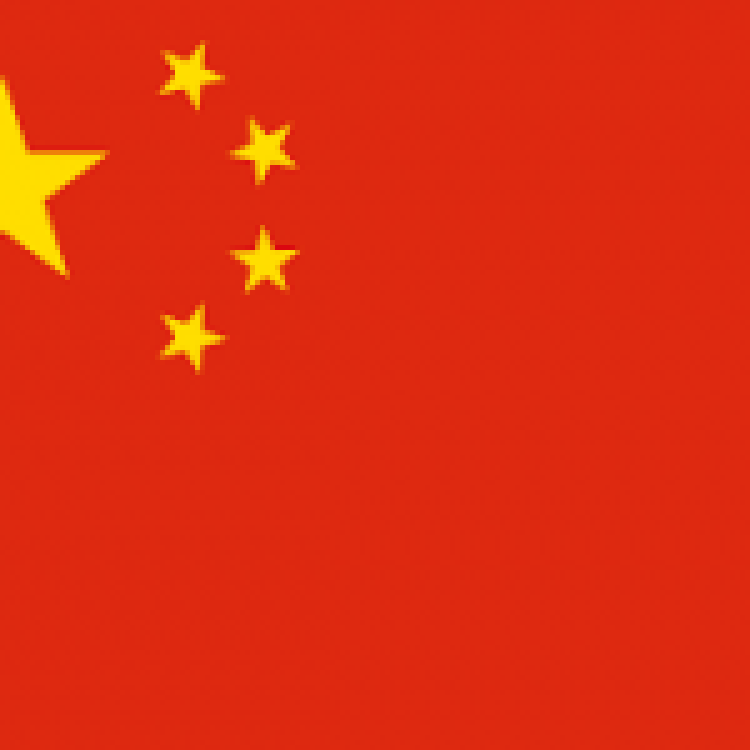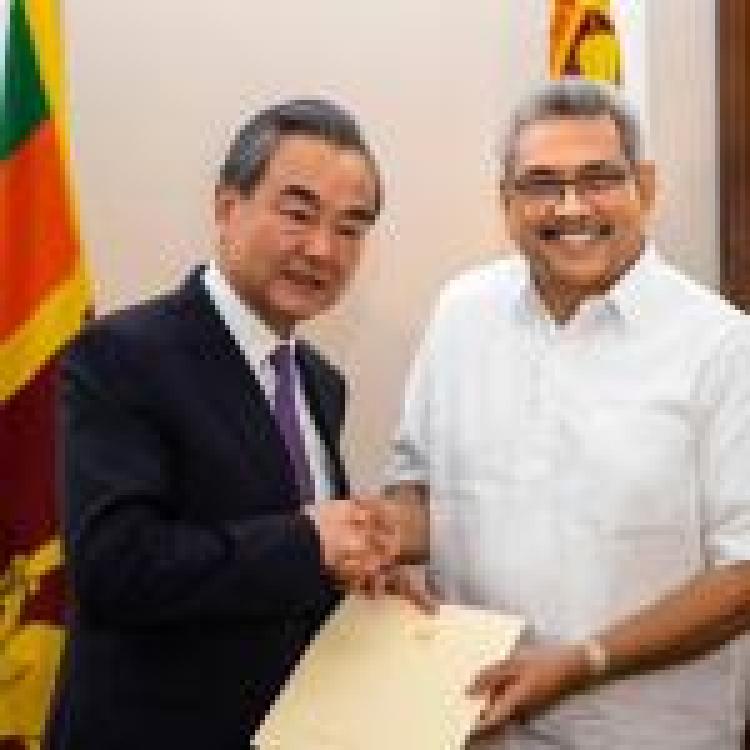<p>Human Rights Watch (HRW), along with the International Service for Human Rights, (ISHR), to address continuing human rights abuses in Xinjiang by China’s government. </p>
<p>This follows widespread international concern over China’s treatment of Xinjiang Muslim population which is routinely subject to harsh levels of surveillance and there have been reports of forced “re-education” camps and forced labour. This evidence is supported by leaked documents, including the November 2019 “China Cables” and “Karakax List” which was released in February 2020. These documents showed deliberate intent for detention and re-education of Turk Muslims within the region.</p>
<p>In February of this year, Michele Bachelet, the UN high commissioner for human rights, once again called on China to grant “unfettered access” to a UN team to ensure that there are no further human rights abuses.</p>
<p>John Fisher, HRW’s Geneva director, stated on the matter;</p>
<p>“China has responded to the UN rights office’s call for unfettered access to Xinjiang by doubling down on its denials and false narratives and pressuring states not to critique the human rights nightmare being imposed on the region’s Muslims […] States at the Human Rights Council need to speak out collectively and insist on a full independent investigation.”</p>
<p>HRW notes that in November, 12 UN human rights experts provided a detailed critique of China’s misuse of terrorism legislation which violated human rights law. The UN Secretary-General, Antonio Guterres, opened this Human Rights Council Session by alluding to these abuses stating;</p>
<p>“Advances such as facial recognition software, robotics, digital identification and biotechnology must not be used to undermine fundamental rights, widen inequalities or worsen existing discrimination”.</p>
<p>He further said;</p>
<blockquote><p>
“Let me also underscore that even necessary efforts to combat terrorism must not compromise human rights. Otherwise, counter-terror actions will be counter-productive”.
</p></blockquote>
<p><strong>Read more here: <a href="https://www.tamilguardian.com/content/un-secretary-generals-7-point-pla…">UN Secretary General's 7 point plan for human rights</a></strong></p>
<p>Sarah M. Brooks, an advocate for ISHR, maintained the importance of gaining “unfettered access” to allow for first-hand information from “survivors, their communities and families, experts, and human rights defenders.”</p>
<p>HRW concludes their statement calling for the UN Human Rights Council and member states to press China to;</p>
<blockquote><p>
“cease all policies that target the Turkic Muslim community, including separating families, destroying cultural heritage, and abusing technology to track, survey, censor, and intimidate Turkic Muslims in China and abroad”.
</p></blockquote>
<p>The Human Rights Council has temporarily suspended their session, from 13 March, due to concerns over COVID-19 but hopes to resume soon.</p>
<p>Read HRW statement <a href="https://www.hrw.org/news/2020/03/12/un-rights-body-needs-step-xinjiang-…">here.</a></p>
<p> </p>
We need your support
Sri Lanka is one of the most dangerous places in the world to be a journalist. Tamil journalists are particularly at threat, with at least 41 media workers known to have been killed by the Sri Lankan state or its paramilitaries during and after the armed conflict.
Despite the risks, our team on the ground remain committed to providing detailed and accurate reporting of developments in the Tamil homeland, across the island and around the world, as well as providing expert analysis and insight from the Tamil point of view
We need your support in keeping our journalism going. Support our work today.




